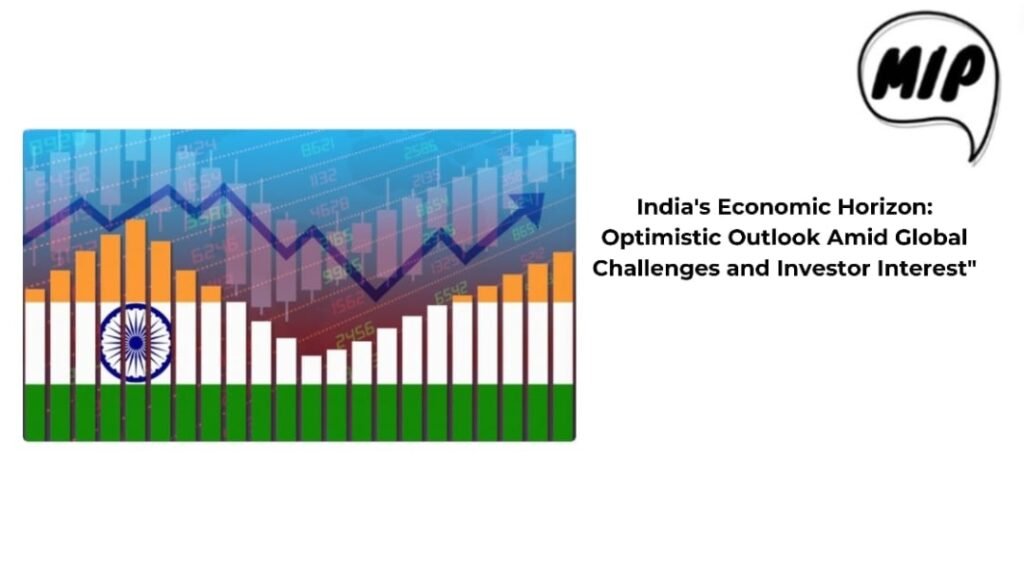
The outlook for the Indian economy and the capital market looks bright to analysts on the arrival of Samvat 2080, thanks to robust corporate earnings and standout macroeconomic factors supporting wealth creation for investors.
According to analysts keeping an eye on the market dynamics, the strength of the economic fundamentals and the firmness in the markets have helped investors shrug off the concerns over the upcoming general elections, the likely volatile conditions in global markets, the ongoing geopolitical crises, and oil price fluctuations.
The Indian equity market performed exceptionally well in Samvat 2079, despite global headwinds like economic downturns in the US and Europe, the slowdown in the Chinese economy, and higher-for-longer interest rates
While the NSE Nifty 50 surged 9.5 percent during the period, broader indices excelled, with the Nifty Smallcap 100 and Nifty Midcap 100 climbing 35 percent and 29.5 percent. Among sectors, the PSU Bank index surged 51 percent, and Realty by 52.22 percent. Only the Oil & Gas index ended in the red, down 0.2 percent.
India is making steady progress toward emerging as the third-largest economy in the world by 2027-28, according to Sharekhan. Corporate earnings are expected to average a 15 percent annual growth rate over the next two years, with over 20 percent earnings growth anticipated in the BSE 200 during the same period, the brokerage said.
ICICI Direct sees India as an attractive equity investment destination because of its strong corporate earnings – an expected 16.5 percent CAGR over FY23-25 – and supportive economic growth of 6-7 percent with inflation in an acceptable level of 5 percent in the medium to long term, despite global challenges
The brokerage firm expects the Nifty 50 to reach 21,500, favoring sectors like banks, capital goods, and power, avoiding IT, oil, and gas. The firm suggests quality investments for long-term wealth generation, focusing on strong earnings growth, stable cash flows, and solid RoE and RoCE.
India on global investors’ radar: Bond inclusion, other factors
JP Morgan recently added Indian government bonds (G-Sec) to its Emerging Markets Bond Index, with experts looking at a $20-30 billion foreign investment. Morgan Stanley, CLSA, and Nomura have also raised their India allocations. This shift towards domestic equities may benefit the Indian markets compared to other emerging markets, according to experts.
Morgan Stanley upgraded India to ‘standout overweight’ on October 20, citing improving economic and earnings growth, and macro-stability. The firm increased India’s weight in the Asia Pacific ex-Japan portfolio from 75 bps to 100 bps overweight.
CLSA is 303 bps ‘overweight’ on Indian markets in the MSCI Asia Pacific, ex-Japan portfolio. Nomura also upgraded its stance on the Indian market from ‘neutral’ to ‘overweight’, recommending a 100-bps higher allocation compared to India’s weight in the MSCI Asia ex-Japan index.
On November 6, Fitch Ratings raised India’s medium-term growth estimate by 70 basis points to 6.2 percent from 5.5 percent. This was in contrast to the reduction in estimates for 10 other emerging markets, primarily due to the influence of China, which now averages 4 percent on a GDP-weighted average basis.
Global headwinds may trigger short-term volatility
The geopolitical scenario does not appear supportive with war raging on two fronts – in the Middle East between Israel and Palestine militant group Hamas, and in Asia between Russia and Ukraine – without much signs of a resolution in the near term. On the economic front, all major nations are grappling with inflationary pressures and consequently high-interest rates. The Indian market is at the receiving end with foreign portfolio investments drying out because of the looming uncertainties.
Prabhudas Lilladher expects the next few months to be volatile for the markets due to factors like El Niño impact on inflation, high commodity prices and raised interest rates.
The domestic market shows a split between strong demand in the upper segments of the population and pressure in lower or middle sections. Consumer spending patterns are changing, with discretionary categories growing faster than staples and small items.
Sticky inflation, geopolitical crises may hit short-term fund flows
The upcoming Lok Sabha elections in the world’s largest democracy are significant for the next 12 months, given the country’s growth momentum. Prabhudas Lilladher anticipates a strong majority government would positively impact the markets.
According to HDFC Securities, there are challenges with sticky inflation, driven by supply issues in commodities, and high interest rates. If this situation persists, a global economic slowdown could be inevitable.
The ongoing political conflicts may divert resources and affect investor risk appetite globally while rising bond yields have begun affecting the equity market valuations and corporate profitability. It’s crucial for investors and companies to adapt to the changing economic conditions and market dynamics to navigate these challenges effectively.
Regarding Indian macros, indicators such as GST collections, direct tax collections, PMI for manufacturing and services, and the current account deficit are positive. However, fiscal deficit, uneven rainfall affecting foodgrain production, inflation, and rural incomes should be monitored closely, HDFC Securities said.